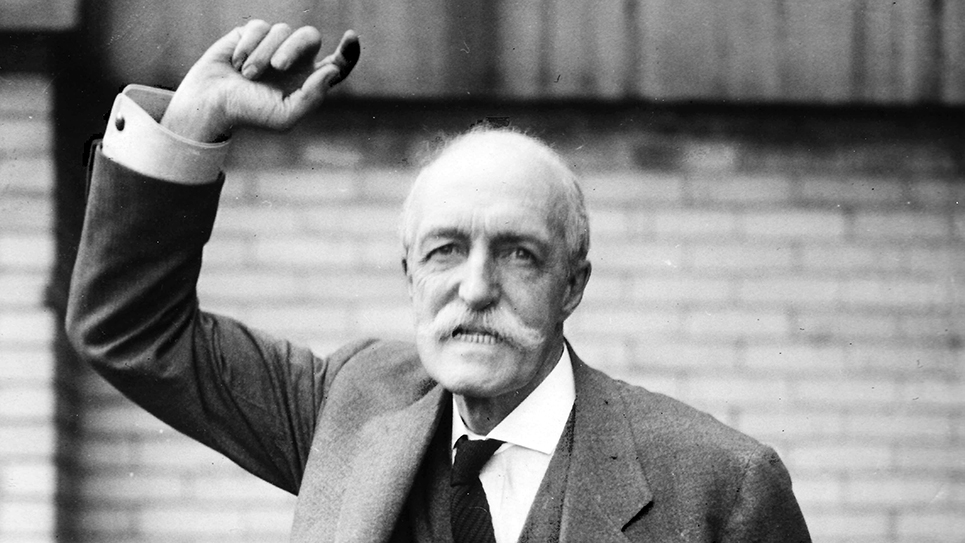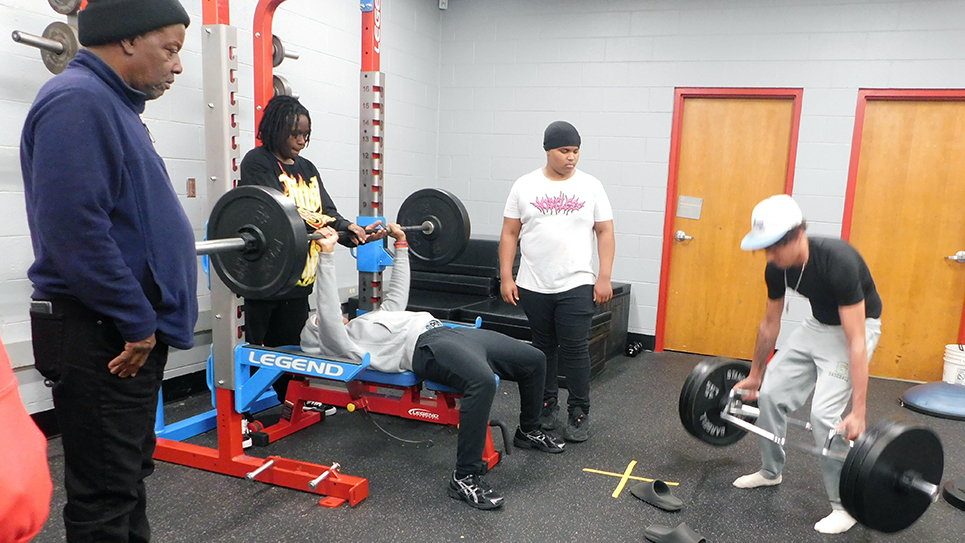As is often the case these days, Becky and I are together in my doctor’s office waiting for the results of my most recent scans. It’s hard to speak of such things, especially for men of my era, because from a young age we were taught to keep things close to the chest.
As we wait, Becky and I have our own thoughts because we’ve discussed situations like this many times while waiting for the verdict. Will the Doctor enter smiling and bring good news or will he be downcast and serious?
It’s taken a long time for me to write this essay, and I have mixed emotions about sharing my journey. But after prayerful reflection, the Spirit has led me to write my story in the hope that survivors might feel less alone. Years ago, a patient noted that I was suffering from a cold. She quipped, “I didn’t think doctors get sick.” I assured her they do.
It all began five years ago with a spot which grew and was eventually confirmed as cancer. Surgery was done and I was given an excellent prognosis. I remember being in my surgeon’s office six months later to evaluate another lump which had appeared. Becky was not with me that day. I wish she had been because when I was told my cancer had recurred and was “stage three,” I fainted. We have learned that two sets of ears are better than one because even logical doctors experience the recurring terror of cancer which muddles the mind. Ecclesiastes 4:9-12 resonates with us since that eventful day.
Our dear friends helped us arrange a second opinion at a notable distant cancer center. The one thing I still carry with me from that consultation was a framed quotation on the oncologist’s wall: “At the moment of your diagnosis you become a survivor.” And it is true because those who have been diagnosed with cancer will tell you that it is never over.
It was determined that my cancer was “aggressive.” And despite more surgery and the modern marvels of designer drug immunotherapy, my cancer again recurred and spread extensively. Six months after the second operation I would find myself in another MRI, this time of the brain, in the hope that the cancer was not there and I would be able to have “aggressive” surgery. I wanted to “swing for the fence” one last time even though I already had two strikes against me.
I have prayed the 23rd Psalm hundreds of times during my journey, through that preoperative brain MRI which was clear, and through a dozen other CT scans, MRIs and PET scans. I was able to undergo that radical third operation four years ago, survived the ICU and unexpected surgical complications. And I tolerated the next year of more immunotherapy, but what I call the “beast” has taken its toll. Many times I have imagined myself at night, alone and deep in a dark forest tending a campfire which shines light and pushes back the darkness to keep the wolves (the cancerous beast) at bay.
The Psalms span the gamut of human emotions and experience. I have experienced “The Valley of the Shadow of Death,” and emerged. I have asked that my soul be restored or that I “fear not” the devilish disease which still stalks me. I once read that God’s most frequent command in Biblical wisdom is “be not afraid.” Variations of this admonition occur three hundred and sixty-six times in the Bible and exceed commands to love God, oneself and neighbor. I think God understands our humanity and our need.
You should pay close attention to Biblical wisdom, especially when oft repeated. Fear is a transcultural aspect of humans. I’ve read that some smug naturalists consider religion or spirituality merely a human response to fear or death. William James was a learned expert and atheist who was intrigued by religion. He studied faith and wrote the book, “The Nature of Religious Experience.” He admitted he did not understand a belief in God, but concluded pragmatically, “If there are two opposing views and there is no incontrovertible proof that either is right, a rational man is free to choose the perspective which works best for him.”
I have studied the sad existentialism of Sartre and Camus. And I have found what works best for me. Like Mary in Luke’s gospel (10:42), I have chosen “what is better.”
I recently read about the term resilience in the context of suffering, addressed by Paul in Romans 5:3-5. Apparently, research reveals that some grow stronger with adversity, which I think is Paul’s position. Medically, a fractured bone is often stronger after healing. Jesus once said, “In this world you will have trouble (John 16:33). We can all attest to that, even doctors. I added three people to my thoughts and prayer list this week. And fortunately, one lady’s resilience allowed me to move her from the big leagues of concern “down” to the minor leagues.
I don’t believe God causes cancer or suffering. Paraphrasing Forrest Gump, “stuff happens” in this imperfect, but wondrous and beautiful universe. It is my foundational belief/choice/trust that God cares and affords us strength, courage, peace, hope, wisdom and insights to truth. It is far better to stand on the Rock of Ages than to be in existential free-fall.
Earlier in my life I used to make notes to myself which would often be lost or misplaced in drawers or used as bookmarks. As we waited for the doctor, I told Becky that the day before I found a note in a drawer inscribed with Psalm 34:4. “I sought the Lord and he answered my prayers. He delivered me from my fears.” The Psalmist sang to me across three millennia and gave me a sense of peace. And…
Wait! My doctor just came in and he’s smiling! My blood work is fine and my scans are clear!! I get to go on in this existence we call life!!!
As Becky and I walk to the parking garage with the sun shining after drought-ending rain has scrubbed soot from the air, I joyfully note how bright the world looks, especially when viewed through the lenses of clean scans. PTL!





